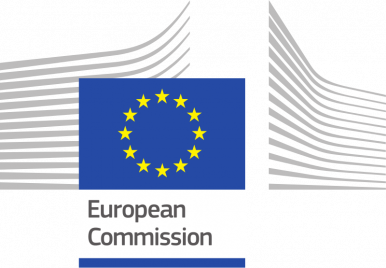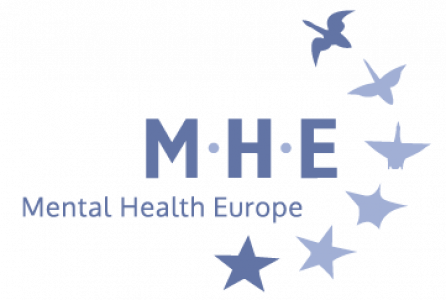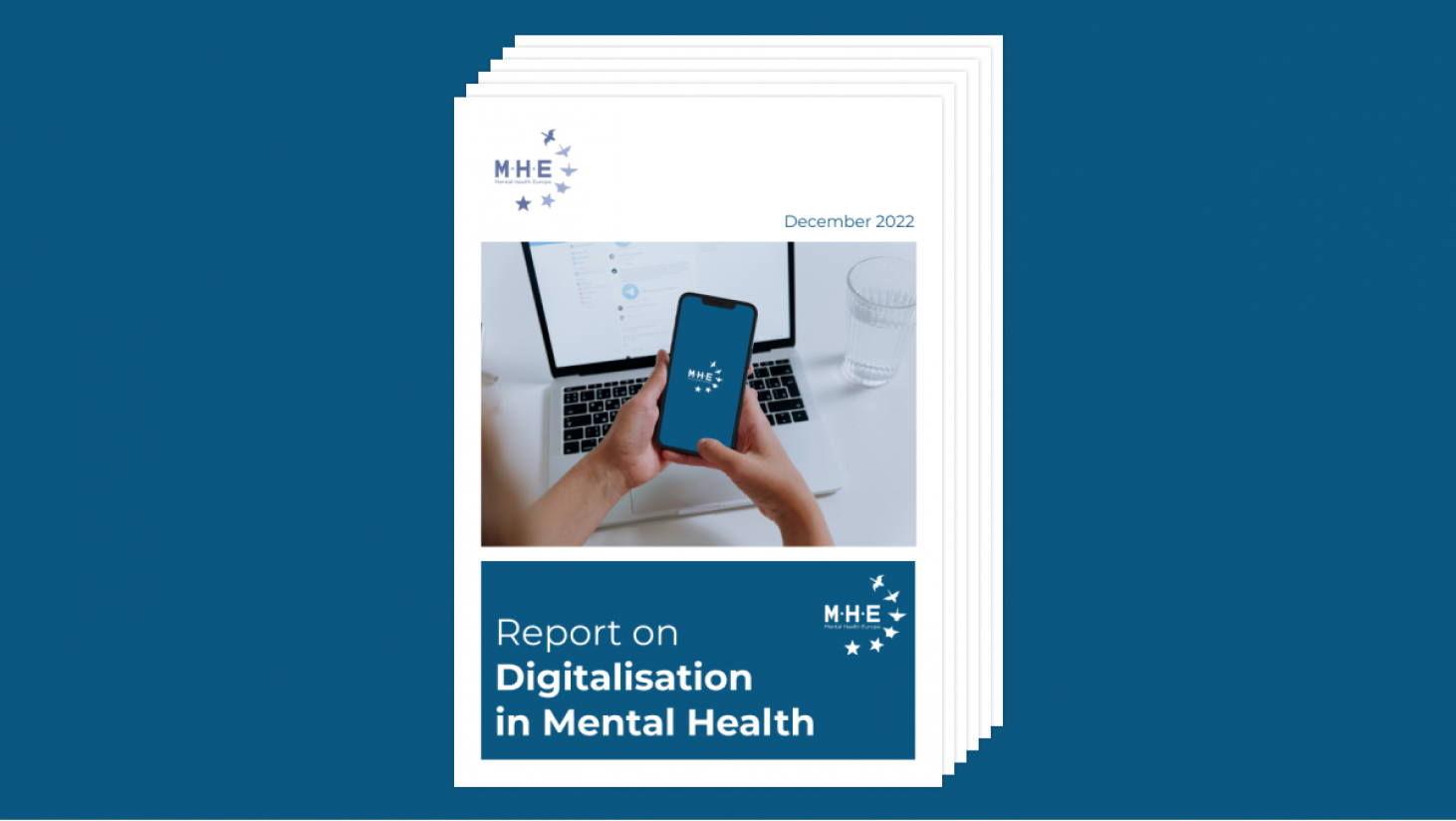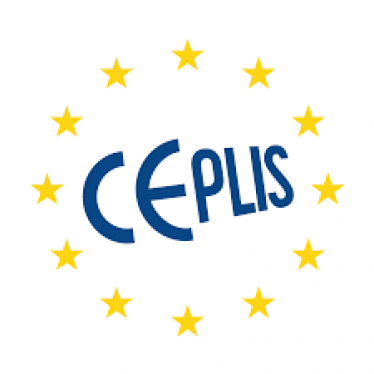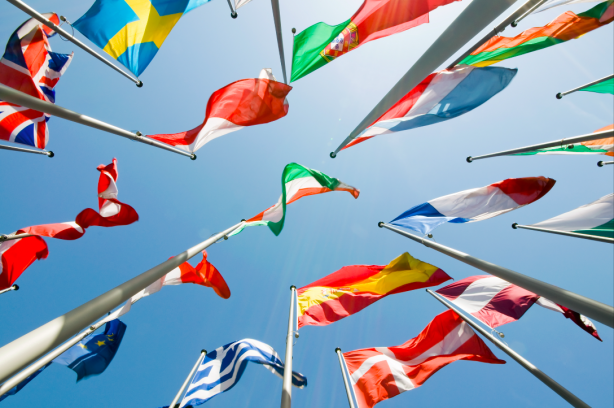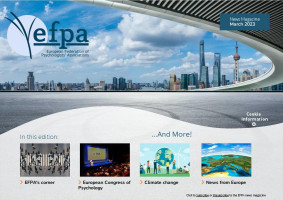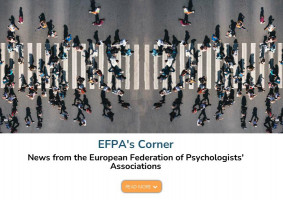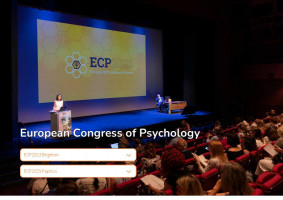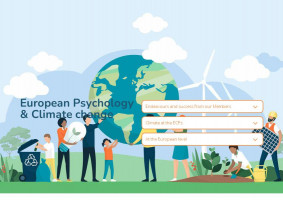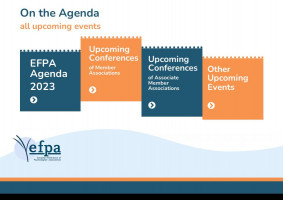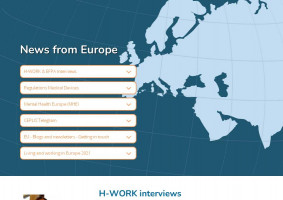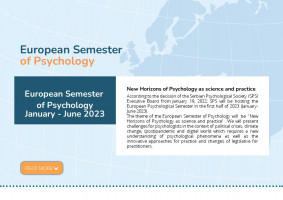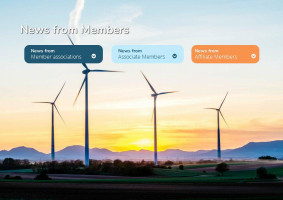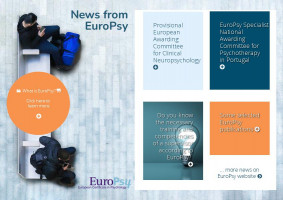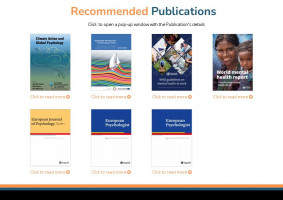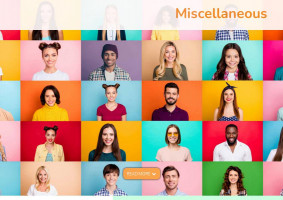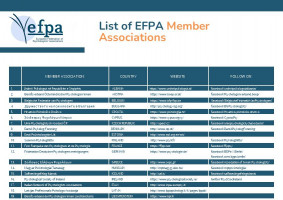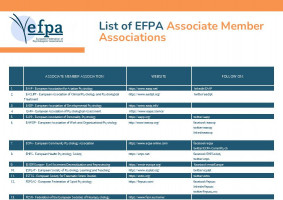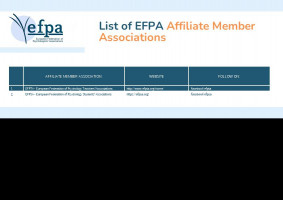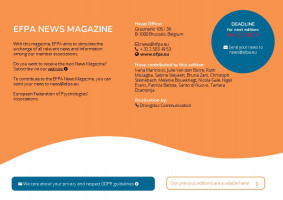-
AUSL Bologna:
Interview with Concetta Mazza
Presentation of the team and role in the H-Work project
1. Can you present us your team and the role of the members in the H-Work Project?The AUSL team in Bologna is composed of professionals from different fields:
Dr. Alice Franceschini is a psychologist with years of experience in clinical and occupational psychology. She works in the project as principal researcher in close collaboration with the other members of the AUSL team and with UNIBO team.
Dr. Concetta Mazza is an executive biologist, Head of the UOS "Health and Cross-Sectoral Risk Management, Wellness Promotion and Countering Occupational Distress (SS)." She is in charge of risk assessment for health workers and directs the Corporate Wellness Group, a working group with a multidisciplinary team specifically trained to address situations of work and/or organizational distress. She coordinates the activities of the HW project for the Azienda USL of Bologna.
Dr. Paola Pesci is a Health economist with twenty years’ experience in the public healthcare sector. She has acquired solid background in planning and implementing policies for HR management and professional development within public health organizations and institutions. In the last five years as Grant officer of Azienda USL of Bologna and Istituto delle Scienze Neurologiche, she has supported European/International projects and collaborations. Her role in H-Work project is to manage administrative and financial contacts.
3. What has your team accomplished in the project so far (results)?
Within Work Package 5 (WP 5), the team created templates to help with data collection on intervention activities and costs for each intervention implemented at the intervention sites. The team also contributed to the creation of a questionnaire for collecting data on objective organizational indicators prior to and after intervention implementation to determine whether the organization could afford the interventions within WP 3. Because organizations may implement multiple and/or multilevel interventions, the plan has been to heavily rely on academic partners at intervention sites to organize data on intervention activities and costs rather than collecting data from study participants through diaries. Thus, the academic partners have been extremely helpful in ensuring a comprehensive data collection process for economic data for each intervention.
4. What are you currently working on and what are the next steps?
Currently, our goal in WP 6 is to contribute to the development and promotion of an economic evaluation tool, which can be used as a standalone or in conjunction with other packaged tools to easily perform economic evaluation on interventions for promoting mental health from a business perspective. The tool will be integrated into the H-Work project's innovative and interactive platform or website, which will also include free downloadable resources on economic evaluation for mental health interventions. The organizational stakeholders involved in purchasing work health promotion interventions or in a position to decide (i.e., management, HR, OH providers) on occupational health and safety interventions are the target audience for this tool.
The team is eagerly awaiting the data for the Work Package (WP 5) deliverable on the economic evaluation of H-Work interventions. The team will collect data from various intervention sites across the EU and conduct statistical analysis aimed at evaluating the implemented interventions at various levels (IGLO) of the participating organizations. The team is also excited to contribute to the active dissemination of the H-work project's findings. We would like to participate in the publication of popular scientific results through appropriate channels such as journals, newsletters, and conference attendance.
5. What are your expectations regarding the outcomes of the project, after 2 and a half years of work? Has there been a change in the initial expectations?
The collaboration between the partners and work packages has been enriching and exciting. This was somewhat predictable, but you never know. We could have had more face-to-face consortium meetings to strengthen connections and networks, as well as work on ideas, but that was not to be. However, we cannot deny the importance of the project and what we have accomplished together. I believe the project concept, which began with a needs assessment and ended with organizations receiving the interventions they most needed, was spot on. We were only anticipating possible changes in outcomes. Let's say it's not long before we find out, because some of the participating organizations appear to be very interested in the project.
6. What are currently the main obstacles for your work in general and in the project?
There are not many obstacles. Of course, due to the project timelines, the deliverables for the economic evaluation may have to wait a little longer until some follow-up data is collected. Aside from that, we are on track to complete the deliverable in WP 5.
7. What has been (and still is) the impact of COVID on the work of your organization for the project?
COVID-19 came as a surprise. It dragged on for far too long, forcing all planned travel to be canceled. We held almost all our meetings online, but we could have held more face-to-face consortium meetings after the kick-off to strengthen our connections and networks. What the intervention sites have accomplished during the COVID-19 pandemic is nothing short of extraordinary. We greatly appreciate their efforts and contributions in ensuring that KI is not so much affected by COVID in terms of data for our work.
8. What is the biggest strength of your organization in advancing the project?We are a small team from KI, but we have a lot of help from the other work package members. Our organization's strength in moving the project forward stems from its expertise in research analysis, interpretation, and dissemination. In the evaluation of this complex multi-level intervention implemented across EU countries, we use the most efficient and innovative methods.
9. How do you think your organization and EFPA can collaborate?
It is important to communicate science. We believe that using the media and giving interviews to journalists is a unique opportunity to experience and share your scientific work with laypeople. We believe that we could collaborate with EFPA on communication activities and developing popular science reports for non-scientific audiences.
-
2. What is the role of your organization in the H-Work Project?
AUSL is one of the largest public healthcare organisations in Italy in terms of size (it has over 20.000 structured employees) and care complexity that requires collaborations between and within professions, roles, departments and structures so it has been selected as the main intervention site in Italy. The target group of the interventions is made up of about 3,000 employees including healthcare professionals, nurses and physicians, female, and male, working in Emergency Units and in Chronic Disease Treatment Units (Medicine, Neurology). This area is closely related to situations that can facilitate occupational distress, especially regarding to the recent Covid pandemic. Actions will consist of implementing interventions, aiming at promoting and developing individual resilience, team cohesion, working ability, positive leadership style, better working conditions and job design, equal opportunities, and evaluating the effectiveness of interventions.
3. What has your team accomplished in the project so far (results)?
We conducted individual and group interviews with managers, representatives, and civil service employees. Workshops were organized to better understand the needs of the company's workers and based on the findings. The four interventions we implemented were carried out on the different levels according to the IGLO (Individual, Groups, Leader, Organization) model, including stress management courses at the individual level, interventions on team communication at the group level through digital solutions (sociomapping and positive social interaction), workshops on positive leadership development and job redesign.
In positive stress management interventions, participants first identify their most relevant and recurrent sources of stress at work and at home, then Mindfulness is introduced as a tool to allows a positive reappraisal of difficult situations and is taught to recognize and exploit character strengths to facilitate finding alternative solutions and strategies to deal difficulties, according with the GROW model (goal-reality-options-will) to foster long-term adaptive coping strategies. Also, in positive social interaction and positive leadership development interventions, Mindfulness is at the bottom of the work along specific trainings for a cognitive reappraisal.
Read more - Text fold out
Sociomapping is based on social network analysis and team coaching to improve communication through workshops guided by a map generated and based on the degree of communication perceived and desired by group participants among team members. Participants at individual and group level had the opportunity to integrate and use in their daily work what they learned in the training interventions with an increase in peer support and support from managers and subordinates.
4. What are you currently working on and what are the next steps?
Currently we have carried out all the planned interventions and finished the qualitative process evaluation. We are working on data and some papers for the dissemination of the project in the scientific community, we are collaborating with the other partners on the online platform.
5. What are your expectations regarding the outcomes of the project, after 2 and a half years of work? There has been a change re the initial expectations?
We are very satisfied for the performance of the project, more than 200 staff members participated in stress management training, leadership coaching and teamwork workshops and feedback received to date has been positive. The high number of completed questionnaires (more than 800 participants) also exceeded our expectations.
6. What are currently the main obstacles for your work in general and in the project?
One of the main difficulties affecting the process of interventions is the frequent turnover of staff, which makes it complicated - if not sometimes impossible- to maintain the same teams for a long time, also affecting follow up evaluations.Moreover, the very nature of the activity of our company represents a difficulty in conducting planned activities, as there are emergencies that require the presence of professionals, in a way that cannot be foreseen.7. What has been (and still is) the impact of COVID on the work of your organization for the project?
Being a health care company, AUSL has had to deal with the pandemic emergency firsthand, in every side, both in organizational management and in medical care. The hospital had to reorganise spaces and activities, conduct ad hoc training, establish new health and safety procedures, ensure high hygiene standards, and provide both personal protective equipment and new infrastructure. In addition, a special task force had to be set up to support the health staff in dealing with the emergency. So, the impact of the covid, even at the psychological level, on the practitioners was certainly of an important magnitude, and the HWORK project turned out to be an important help in such a drastic situation.
8. What is the biggest strength of your organization in advancing the project?
Definitely communication. Given the large size of AUSL, the focus on continuous improvement of organization and communication allows us to strengthen the structure and network within it, so that in turn facilitates collaboration.
9. How do you think your organization and EFPA can collaborate?
Mental health is among the primary areas of responsibility for AUSL activities: EFPA, by helping to disseminate news and programs at the European level, can be an excellent channel for our country to stay up-to-date and have the opportunity to align and participate in different initiatives.
-
UNIBO:
Interview with Dr Marco de Angelis
Presentation of the team and role in the H-Work project.
1. Can you present us your team and the role of the members in the H-Work Project?
UNIBO team comprises three research groups from three departments, including the research group from the Department of Psychology, led by Professor Luca Pietrantoni, scientific coordinator of the European project, myself (Dr Marco de Angelis), Dr Davide Giusino, Dr Federico Fraboni, and just recently, Dr Lucia Volpi. The team goes along with Professor Rita Chiesa and Dr Audrey Antonio from the same Department. The research group from the Department of Education Sciences is led by Professor Dina Guglielmi and Dr Greta Mazzetti, where young researchers join the project, Dr Edoardo Pische and Dr Alessandra Albani. Also, professors Roberta Biolcati, Elena Luppi and Dr Aurora Ricci contributed to the project in its early phases. Last, the research group from the Department of Occupational Medicine, is led by Professor Francesco Violante, with Professor Roberta Bonfiglioli and dr. Giulia Paganin who recently joined us in supporting the project tasks and activities.
2. What is the role of your organization in the H-Work Project?
As a leading partner of the Consortium, our role as the UNIBO team was multifaceted. Our first challenge was the management of the consortium, which involved both managerial and interpersonal aspects, especially during the outbreak of the pandemic. We aimed to facilitate the exchange of knowledge and expertise, promote good practices within the consortium, and effectively manage the financial aspects of the project with the support of ARIC, the University Research Area. The second challenge was conducting the project activities at the two Italian intervention sites, the Public Local Healthcare Unit (AUSL) of Bologna and La Carovana.
Our responsibility in the healthcare context was to collaborate with General Manager and Director of the Health and Safety Department, as well as senior management representatives from the three departments involved of AUSL (Emergency, General Medicine, and IRCCS, the Institute of Neurological Sciences of Bologna), to initiate all necessary procedures for testing and validation of the H-WORK toolkits, and to implement multilevel interventions for employees at various hospitals.
La Carovana is a small to medium-sized social cooperative based in Modena, Emilia-Romagna, that manages schools of various levels. The cooperative operates three kindergartens, four preschools, two primary schools, and one middle school across four sites. Dr Mazzetti and her colleagues collaborated with General Manager and the executive committee of La Carovana to complete the interventions and collect all the expected data.Presentation of the work done and next steps
3. What has your team accomplished in the project so far (results)?
We have developed and validated three H-work toolkits to promote mental health and well-being in the Italian context. Despite the challenges posed by the pandemic, we managed to engage over 250 participants in occupational health interventions. Numbers that were unexpected during that period. The other intervention team, guided by Dr Mazzetti, also made impressive progress at La Carovana.UNIBO is also the leading partner in developing the Digital Platform.
The first version of the H-work platform has recently been released thanks to the hard work of Professor Pietrantoni, Dr Federico Fraboni, Dr Davide Giusino, and Indici Opponibili, the Italian software house company that worked with us to conceptualise and build the platform. This platform is meaningful for us as it was once just an idea while working on the project proposal, and now it is accessible to all.4. What are you currently working on and what are the next steps?
Our focus now is on collecting final and follow-up data to understand the impact of our multilevel intervention strategies at the two intervention sites. We are also planning to test the H-WORK platform with potential end-users, gather feedback, and improve its layout and functionality. Additionally, we are preparing for upcoming events where we will present the final results at European and International conferences with our partners.
5. What are your expectations regarding the outcomes of the project, after 2 and a half years of work? Has there been a change regarging the initial expectations?
Throughout the project, we engaged ten intervention sites across five European countries, and all partners involved completed the expected phases. We aim to integrate the data collected so far and investigate the effects of our multilevel strategies, which we hope to share with stakeholders soon. Despite the challenges faced, we remained a tenacious consortium throughout the project.
6. What are currently the main obstacles for your work in general and in the project?
That is a good question. Regarding the challenges faced during the project, data management and personnel turnover were two significant issues. The standards for data management have risen significantly, and administrative and bureaucratic procedures can hinder progress. The change of personnel (as participants, representatives of intervention sites, critical figures in the project, or even in the commission) can also require revisiting established procedures and communication channels, making it challenging to ensure the same quality of results.
7. What has been (and still is) the impact of COVID on the work of your organization for the project?The pandemic is a dark chapter that revealed many weaknesses. Conducting project activities and negotiating with intervention sites while being confined at home was challenging. It took us some time to rearrange our work and expected results, causing delays. However, it allowed us to tap into resources till that moment kept aside, and we were able to conduct numerous interviews, focus groups, and interventions digitally. Although the online setting may not be ideal for some interventions (groups vs coaching), we could still talk to employees and managers about mental health and coping strategies during that period, which was an outstanding achievement.
8. What is the biggest strength of your organization in advancing the project?
UNIBO is a large organisation that heavily encourages research and innovation projects, providing ample infrastructure and resources that support you enormously. Also, these projects attract motivated and passionate young researchers, and within the H-WORK project, the UNIBO team has achieved much due to these talented individuals. This allowed us to work with professional and competent young researchers who are always willing to support each other and work as a team.
9. How do you think your organization and EFPA can collaborate?Input from EFPA is highly valued because, as academics, we might need to catch up on some crucial aspects or details to be able to talk about mental health and individual and organisational well-being in the best possible way. The input and various nudges we have received so far from EFPA when we have talked about the project have been a massive help in understanding the best direction to go in. EFPA work in developing policy briefs and recommendations is inspiring. It brings together diverse knowledge and perspectives in a clear, pragmatic, and effective language where the end-users can find themselves.
The EU-funded project H-WORK has announced the presentation of its final results at two upcoming congresses in 2023. Also the H-WORK ‘Mental Health at Work Platform’ will be showcased at the European Association of Work and Organizational Psychology (EAWOP) congress in Katowice, Poland from May 24-27, 2023, and the European Congress of Psychology (ECP) in Brighton, UK from July 3-6, 2023.
H-WORK is a 3,5 year project funded by the European Union’s Horizon 2020 research and innovation program. Its goal is to improve mental health in the workplace by developing a comprehensive, evidence-based approach to prevention, intervention, and rehabilitation. The project brings together 14 partners from eight European countries, including universities, research centers, and SME’s.
The H-WORK ‘Mental Health at Work Platform’ is an innovative online tool that provides guidance and resources for employers, employees, and occupational health professionals on how to promote and protect mental health in the workplace. The platform includes a self-assessment tool for organizations, a repository of best practices and case studies, and a directory of experts and resources.
At the EAWOP congress in Katowice, H-WORK will present the platform and its key findings on mental health at work. The congress is a major event in the field of work and organizational psychology, bringing together researchers, practitioners, and policymakers from across Europe and beyond.
At the ECP congress in Brighton, H-WORK will participate in a panel discussion with other Horizon 2020 sister projects on the topic of mental health and well-being in the workplace. The congress is the largest gathering of psychologists in Europe, covering all areas of psychology and attracting thousands of participants from around the world.
The presentation of H-WORK’s final results at these two congresses is an important milestone for the project and a demonstration to its contribution to the field of mental health at work. By disseminating its findings and tools to a wide audience of researchers, practitioners, and policymakers, H-WORK hopes to make a lasting impact on the well-being of workers across Europe and beyond.
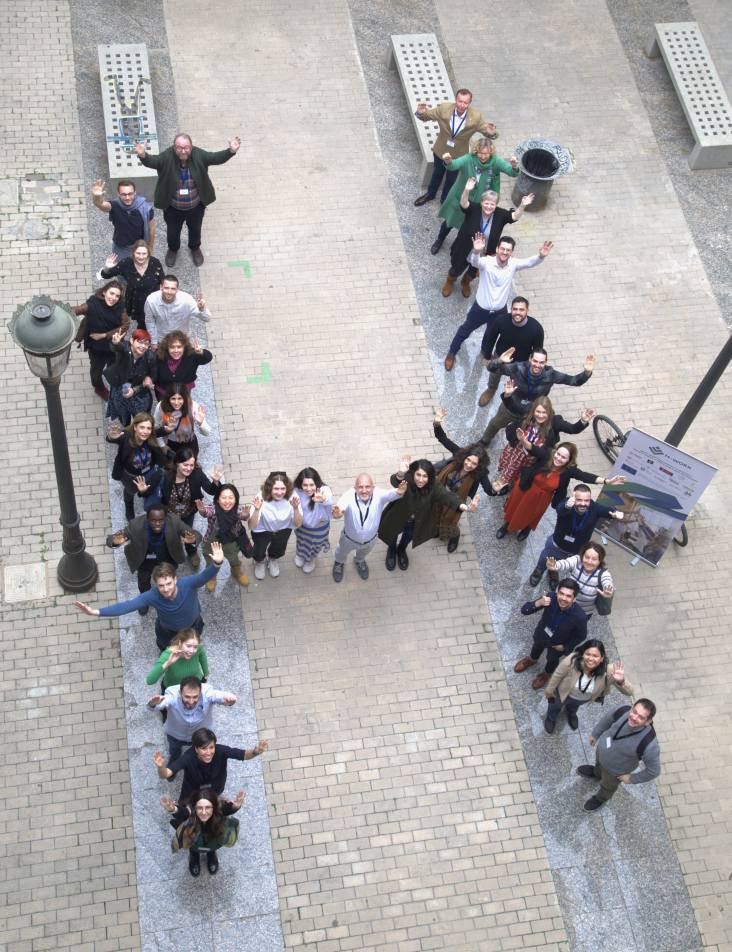
Back to top
-
On May 25, 2017, Regulation (EU) 2017/745 of the European Parliament and of the Council concerning medical devices entered into force. Due to the Corona pandemic, the effective date was postponed to May 26, 2021. The numerous changes to previous regulations also include new classification rules for software used in clinical diagnostics.
The implications for software-based psychometric tests used in health screening and clinical diagnostics could be profound for users and providers of such instruments if now classified as Medical Devices. Not least because of the quality assurance for a Medical Device is far narrower than that recognized for a Psychometric Test.
The EFPA Board of Assessment encourages advances in best practices in testing and assessment, and saw the Regulation as a potential retrograde step. Adopting the original work from DTK, German Federation of Psychologists‘ Associations, the EFPA Board of Assessment approved a statement for public and professional reference.
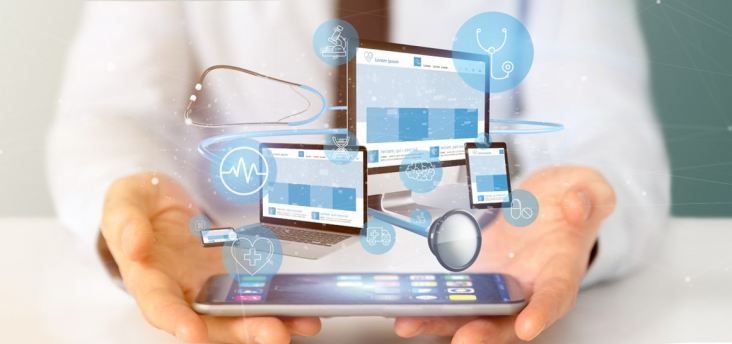
The statement first outlines how medical devices are defined according to the Regulation (EU) 2017/745, including the criteria in which they are further subdivided. In addition, it is briefly described how quality assurance must be carried out within the framework. This is followed by a comparative presentation for psychometric tests. Based on this information, a recommendation is made regarding the evaluation of psychometric tests based on measurement theory.
_w552_h740_1.jpg)
Nigel Evans, Chair of the EFPA Board of Assessment stated “The statement is aimed in particular at providers and users of psychometric tests, as well as organisations and government bodies that are entrusted with the classification of procedures as medical devices in the context of the implementation of Regulation (EU) 2017/745. From the information provided and our analysis, we conclude that psychometric tests (whether in hard copy or software enabled) are not medical devices”.
Read the EFPA statement in full Back to top
“Digital technology has become an increasingly big part of our personal and professional lives, as well as of our health care systems. Developments and technologies such as social media, electronic health records, apps, Artificial Intelligence (AI), telehealth and games all bring new opportunities and risks to mental wellbeing and to the mental health care field.The impact of these risks and opportunities will likely not be equally distributed across the population.
This report by Mental Health Europe (MHE) provides an assessment of the risks and opportunities related to living and working in a digital world, as well as to digital provision of mental health care services. It is clear that digital technology in itself is neither good nor bad. Swaying the balance towards the opportunities will depend on how technologies are implemented, managed and regulated.
It is therefore vital for countries and the EU to make policies and regulations that enhance the equalizing opportunities' digitalisation brings and reduce the risks, especially for groups that already have fewer chances in life.
Safety & Quality', Equity' and Going beyond technology: framing mental health in a bigger picture' are key priorities for EU, national policies and regulations to address. Read more, in the press release linked to below, and in the full report.
Read more
Back to top
Back to top
Blogs & newslettersInteresting blogs to follow and newsletters to subscribe to:
GAMIAN EUROPE - Global Alliance of Mental Illness Advocacy Networks Europe
European Commission Public Health-EU: e-newsletter
European Parliament IMCO (Internal Market Committee)
European Social Network ESN
Global Network of Psychologists for Human Rights
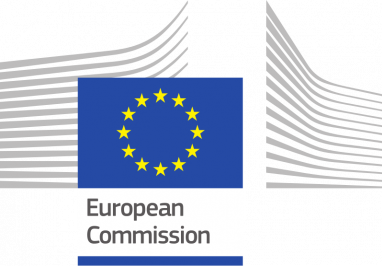
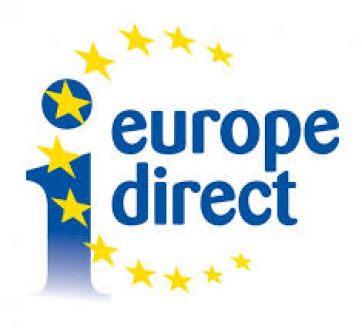
In person:
All over the European Union there are hundreds of Europe Direct information centres. You can find the address of the centre nearest you at: https://europa.eu/european-union/contact_enOn the phone or by email:
Europe Direct is a service that answers your questions about the European Union. You can contact this service:
by freephone: 00 800 6 7 8 9 10 11 (some operators may charge for these calls),
at the following standard number: +32 22999696 or
by email via: https://europa.eu/european-union/contact_en
EU publications
You can download or order free and priced EU publications here Multiple copies of free publications may be obtained by contacting Europe Direct or your local information centre

EU law and related documents
For access to legal information from the EU, including all EU law since 1952 in all the official language versions, go to EUR-Lex at:
http://eur-lex.europa.eu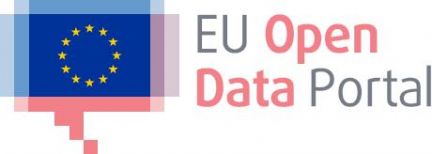
Open data from the EU
The EU Open Data Portal ( http://data.europa.eu/euodp/en)
provides access to datasets from the EU. Data can be downloaded and reused for free, for both commercial and non-commercial purposes.Back to top
_w680_h710_1.png)
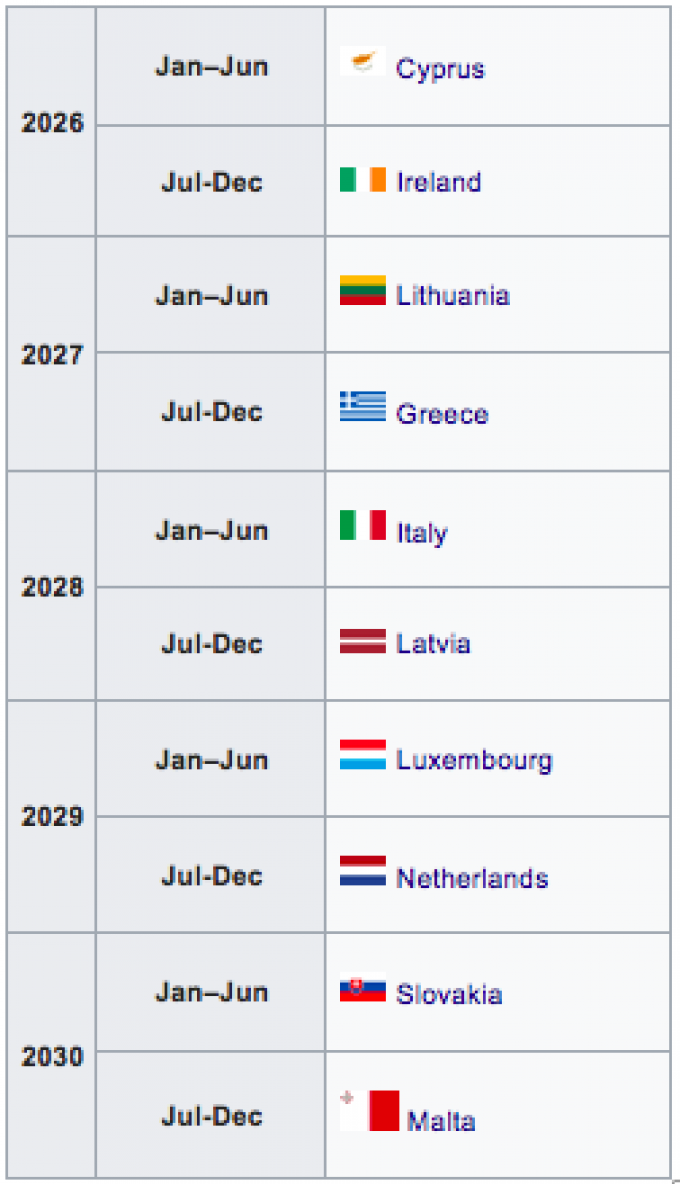
(1)_w1700_h406_1.png)
-
-


_w1462_h812_1.jpg)
